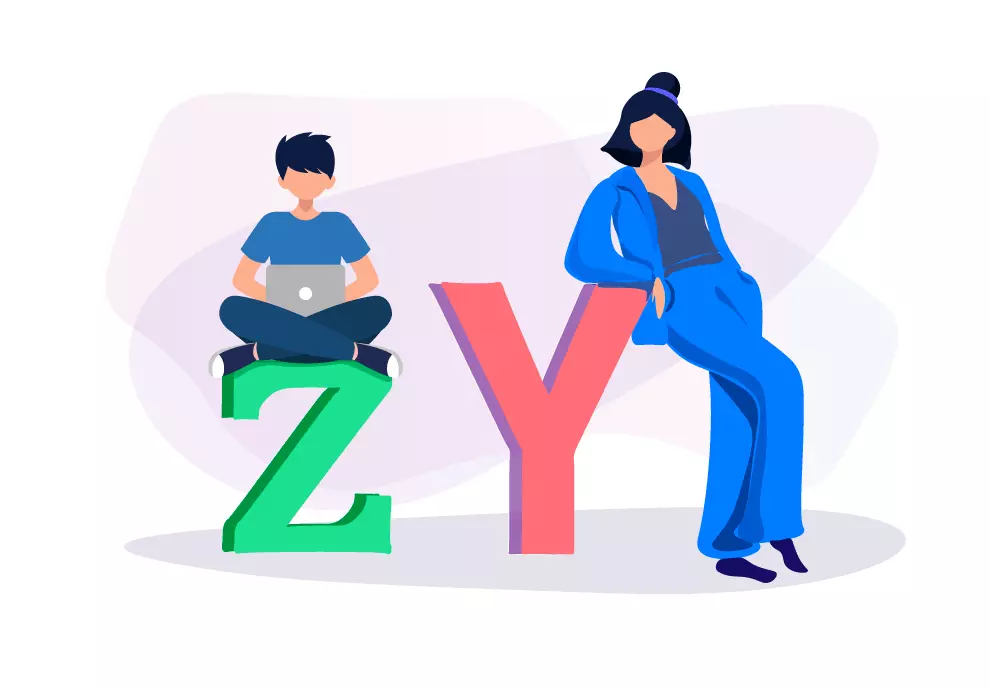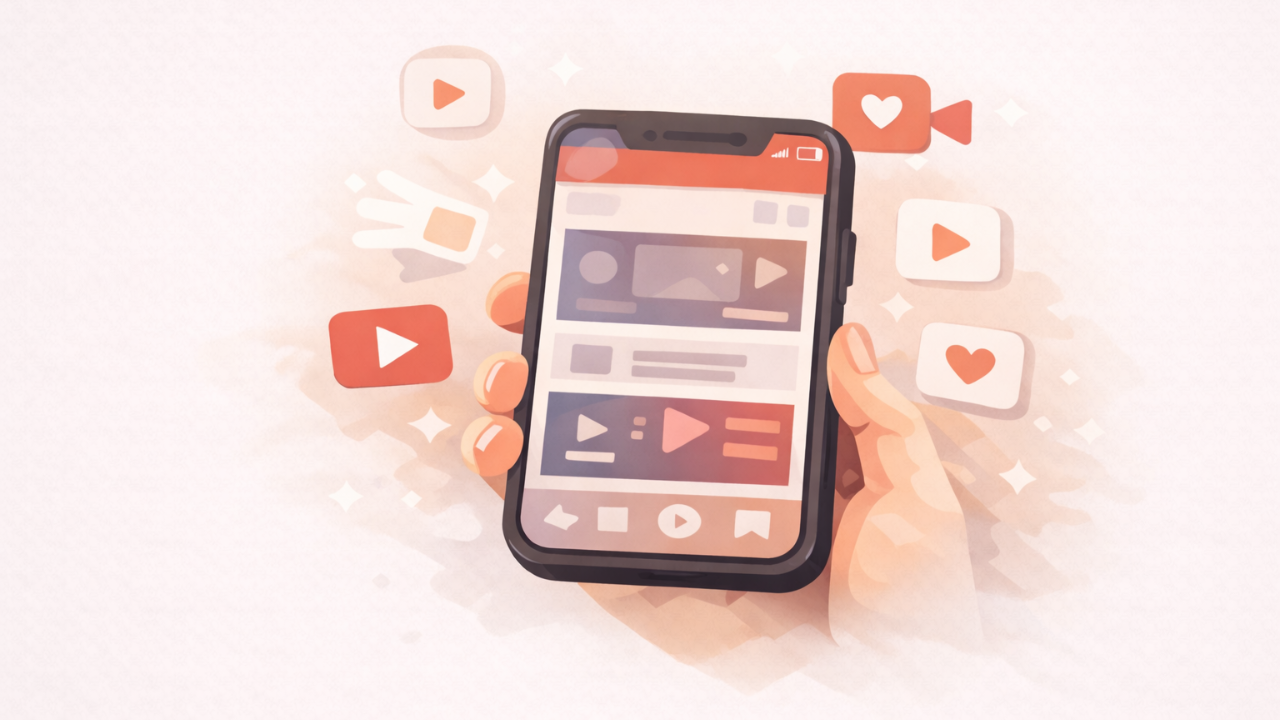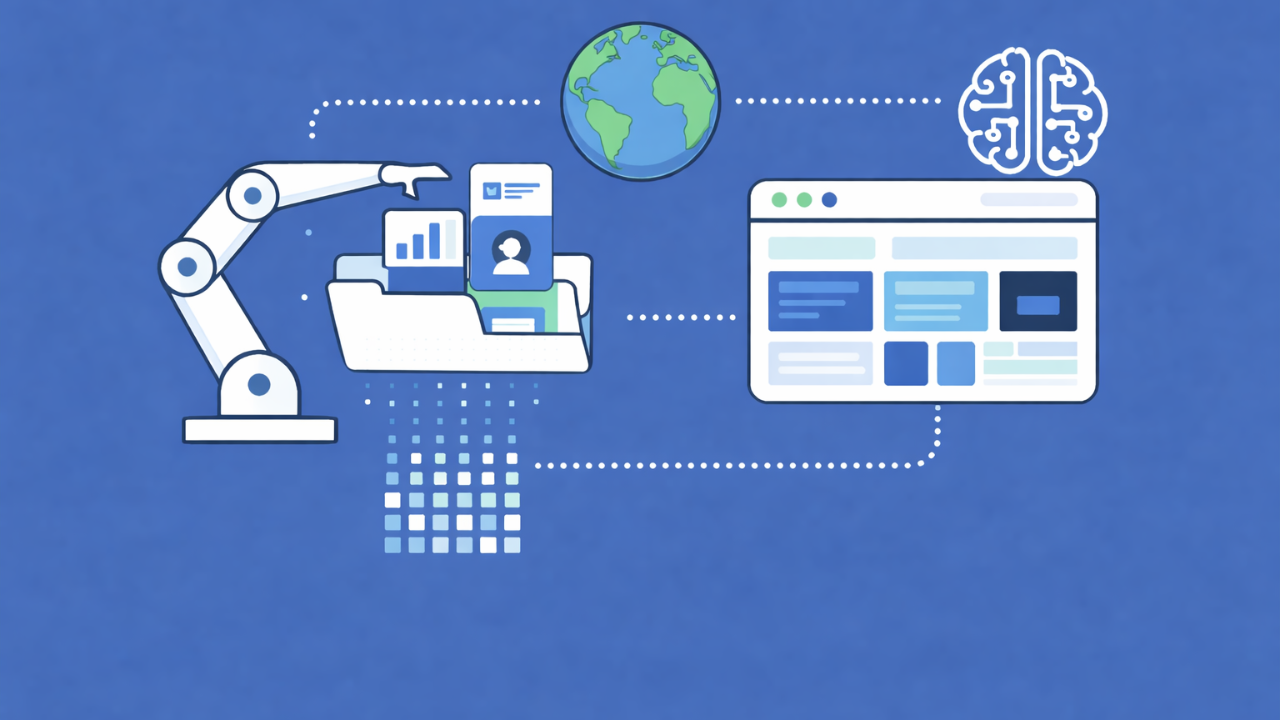What we know about generations Y and Z
For decades, we calculate people’s age, and there are some common aspects of different groups of people related to it. Roughly speaking, there is a division into generations by the date of birth. For example, millennials, known as Gen Y, are people who were born between 1980 and 1994.
The next generation is called Gen Z or centennials. These are people who were born between 1995 and 2012.
Each of these generations has its specificities, behavior peculiarities, and a unique type of interaction with society.

Characteristics of Gen Y and Gen Z
People of new generations live during times of quick changes. Nowadays, new technologies appear every day, and they got integrated into our lives. It affects and changes people’s perception of this world. They act differently, react differently, and interact differently with others.
Attachment to smartphones
The most explicit feature of new generations is evident – they use their smartphones almost everywhere and all the time.
According to statistics, the average person uses the smartphone for about 4.5-5 hours a day.
Addiction to the Internet
Some surveys showed that new generations had better give up some other benefits in favor of using the Internet.
Clip thinking
Information perception has changed — it is the so-called clip thinking. Modern people cannot learn something deeply and focus on something for a long time. They usually watch something quickly, learn only some general information, cannot focus on a single thing, and switch from one issue to another fast.
Multi-channel-oriented perception
People have multi-channel-oriented perception. We used to receive information from lots of different sources. Now, we ignore traditional advertising. But, at the same time, people trust the recommendations of other people, not only of their friends but also of people they follow on social networks.
Online chatting
People communicate online more and more. As a result, nowadays, more people use messengers and online chats to communicate instead of meeting in real life. For most people, it is more convenient to chat with dozens of people online instead of talking to one person offline.
Expecting to live a long life
Another curious feature of people of these generations is that they presume to live long lives. It is predicted that the average lifetime of people born after 2007 will be 104 years.
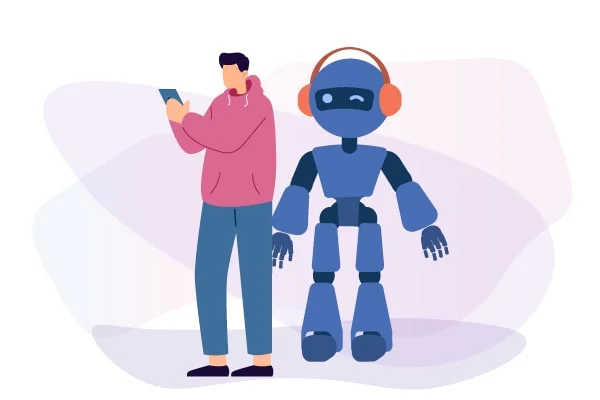
Marketing for new generations
Traditional sales methods do not work anymore, so millennials and centennials need a new promotion approach.
Customization and retargeting
The first thing, of course, is the maximum of customization (adaptation to the needs of a specific consumer) of any offer. For example, one of the main patterns when working with targeted advertising is that now ads tell not so much information about the product as about the person. These generations are sensitive to point effects, they do not like mass decisions. Therefore, retargeting is one of the powerful tools that can now work effectively.
AR ads
New advertising schemes and formats that are appearing now work well. Here AR ads are a good example. Say, you sell lipsticks, and your ad looks like this: a girl looks at the phone screen, it identifies her face, and the lipstick is applied on her lips on the image, so she can look at herself wearing this lipstick.
Big Data
One of the main trends in modern society is big data: big data, big data analysis, identification of patterns, creating advertising campaigns according to such data.
Big Data allows you to process large amounts of data. It gives an opportunity to focus on things that have never been possible before. We can create an advertising campaign according to what people think and target the audience very accurately.
Direct Social Marketing
Social media is almost an outdated thing, such platforms are no longer unique. New formats appear.
For example, on social networks, Social Media Marketing is slowly giving way to such thing as Direct Social Marketing. That format is based on links on social networks: a person subscribes to a specific mailing list on a particular topic and, presumably, receives some letters for the next six months, which are sent at regular intervals and contain the information that this particular person needs. And the person’s reaction to the previous letter impacts on how the system will act: it either takes a step back or, on the contrary, forward.
Chat bots
More and more people start communicating via messengers; thus, chat bots start playing a greater role in it. Chinese WeChat is an example of it. It has become a full-fledged Internet service for users: they order food, pay utility bills, and do all things they need.
Therefore, chat bots are one of the sectors that are going to develop strongly not only in the view of support and business support but also sales.

New business models
Nowadays, many new business models appear that used to be fully untraditional or did not exist at all.
Expertise monetization
Earlier, people could monetize their skills and knowledge only working at the office or by starting a business. Now they can help other people using their expertise. It is also a feature of millennials — the constant need to learn, the need to move. Now we can see a prosperous educational market, both in the view of volume and quality.
It is the audience that needs a catchy presentation, that can tell professionals from non-professionals, and needs specific skills and the most relevant information.
Monetizing expertise is becoming a more attractive type of business than the main one even for business owners.
Subscription scheme
Millennials and centennials value their time; therefore, subscription formats are highly appreciated by them.
Monetization through clubs and communities
An expert attracts an audience that has similar values. People get the community they need as well as support, interaction, and networking. Meanwhile, the expert has their skills monetized for providing all this, because the access to the community is paid.
Product design
When running a business, you can create new products and monetize them using new formats.
Product design allows you to attract a new audience within any business.
Cooperation with marketplaces
For example, Amazon is a big marketplace. Everyone can register a store there and sell any goods. It can change the sales model itself: you do not need to think very much about your sales funnels or marketing strategy. If you have a product that you sell or want to sell, you can simply sign up to the marketplace and start selling it.
Shared economy
Shared economy includes shared ownership or shared usage of something. Illustrative examples: Uber — people use their cars to drive other people; Airbnb — a service for renting accommodation.
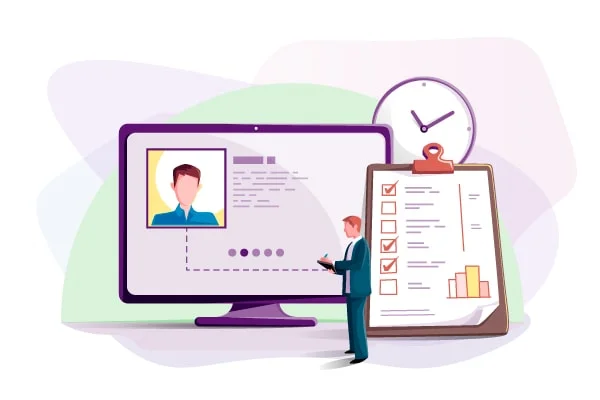
Modern HR practices: how to work with new generations
Freelance generation
A big number of people working as freelancers is a new trend. Now it is quite efficient to work with people who live all over the world and solve different problems. Here, the priority is not where the person lives, but how the cooperation with them develops.
Different values
For a modern person, the salary is no longer a core factor when choosing a job. It is more important what the company does, how it affects the world, whether it improves the world or not, and what values the company has.
Manager’s personal brand
People often want to work for a company because they follow an Instagram account or subscribes a YouTube channel of a person who already works for that company. And this is a bonus for those entrepreneurs who develop their personal brand.
Old methods do not work anymore
The old management system will not work for these people: reprimands, schedued meetings and a tough management model are no longer efficient. They will think that they don’t want it — and it is easier for them to either find a freelance job or look for another place to work.
Practice is the most important thing
Modern people understand that it is necessary to get practical experience as early as possible. More and more young students start working for a company. There are even those who has not studied yet but want to get a job.
Mentoring
New generations value mentoring. They understand that they need to gain practical knowledge, and the best way is to get this knowledge from their supervisor or a person that is engaged in business. It is vital for them to have someone who helps them, gives advice, gives feedback, and helps to build a career.
Changing jobs frequently
Do not expect young people to work for the company forever. Even on Google, the average period of time an employee work for it is one year and two months or one year and seven months. Even such “giants” that provide high salaries and many employment benefits cannot hold people for long. Thus, you should also accept that people working for your company for decades are the exception rather than the rule.
The future of HR marketing
Nowadays, it is necessary to think about such things as mission, values, and ways of arousing interest in modern people. You need to look at your system from the point of view of remote workers. More and more tasks can be outsourced now. You must think in advance how to interact with remote teams efficiently and do it.


